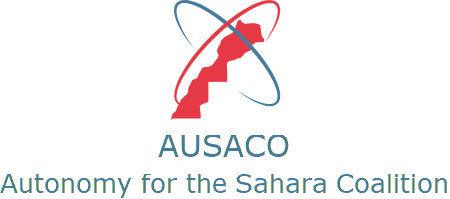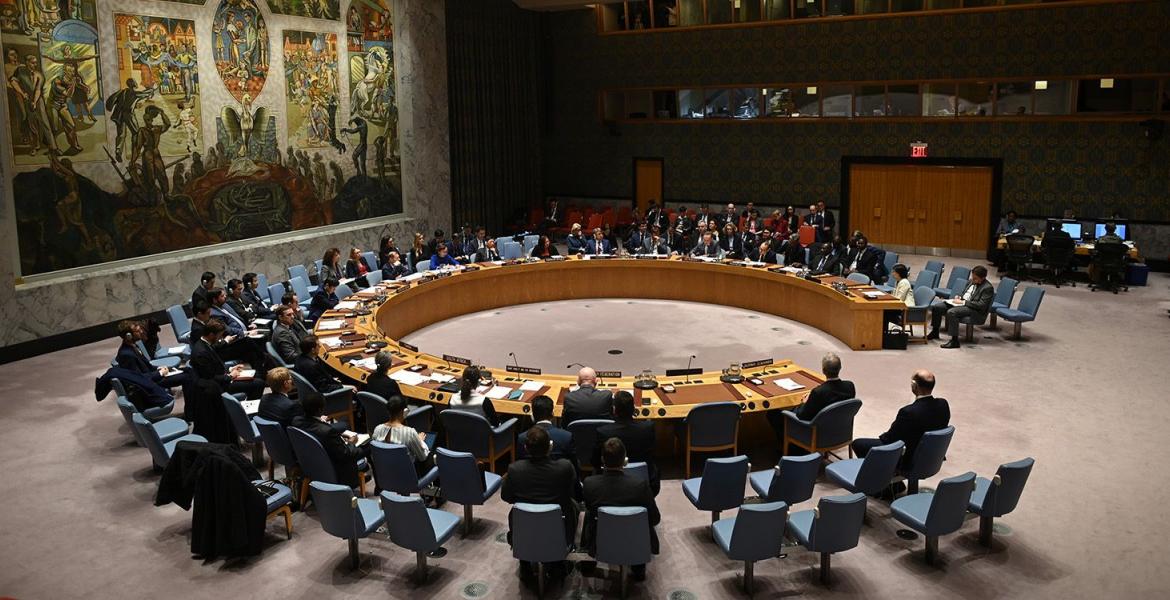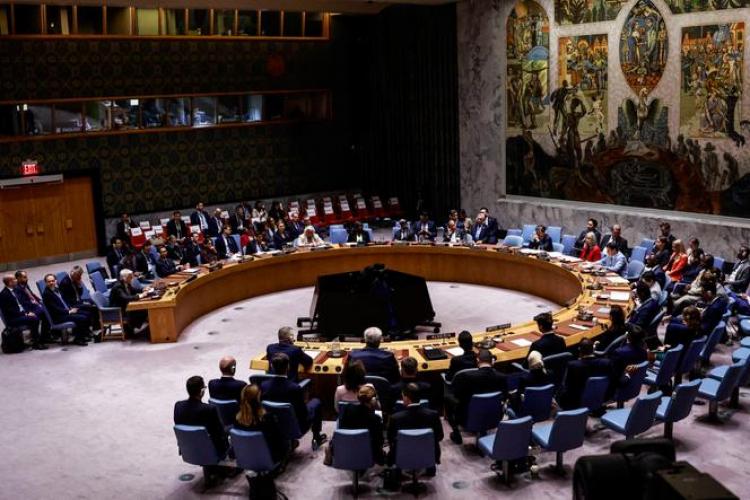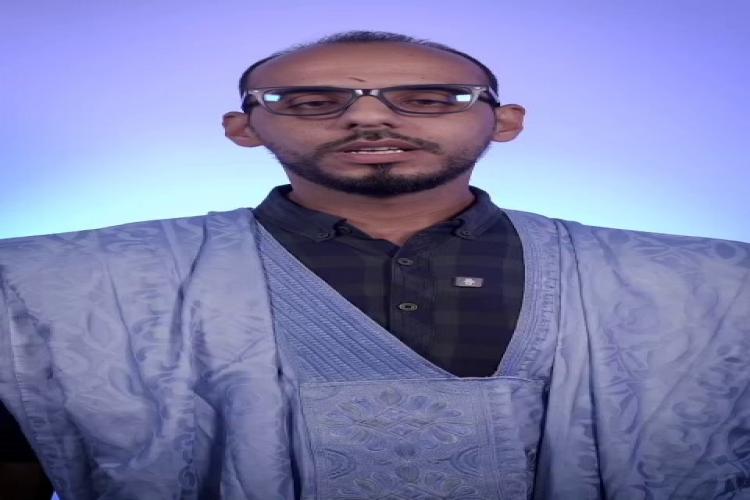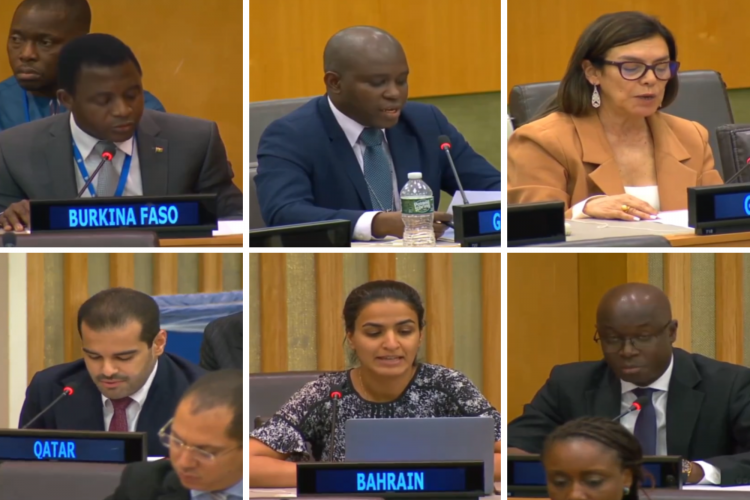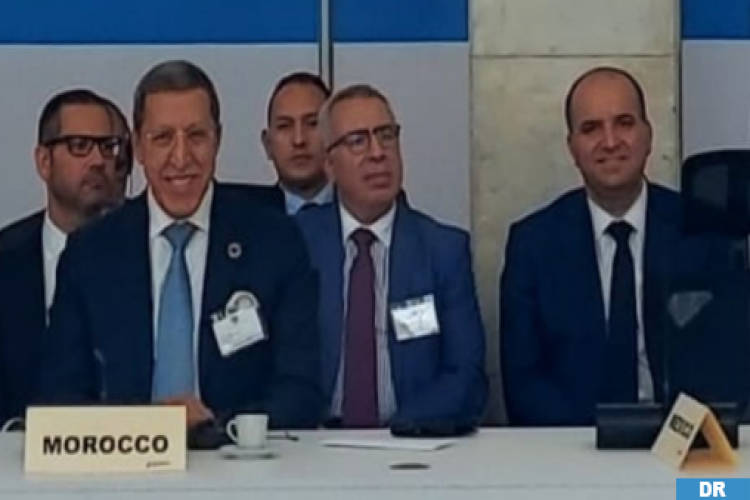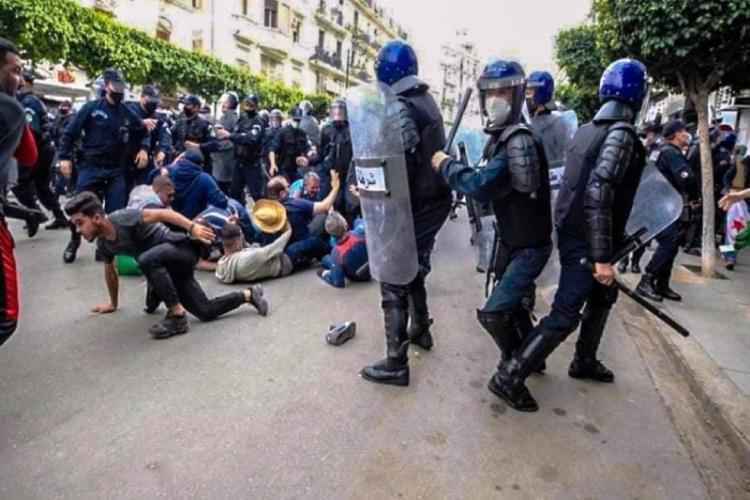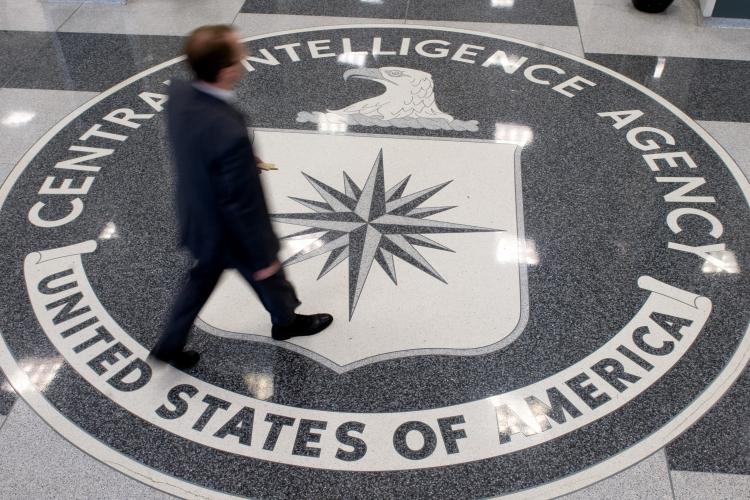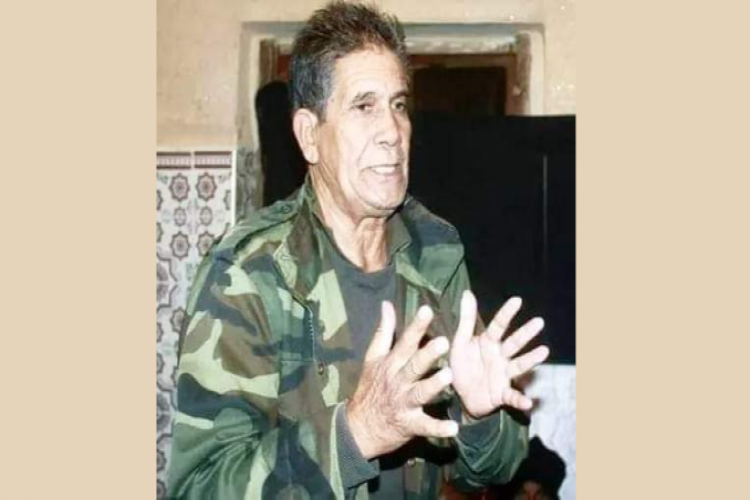Western Sahara: The Security Council recalls 2654 and its roundtable process.
Last Wednesday in New York, the UN Security Council held closed-door consultations on the issue of the Moroccan Sahara, as part of the regular briefings provided for in resolution 2654, adopted by the Council on October 27 last year.
In essence, the Security Council was briefed on the developments in the Moroccan Sahara file by the Secretary-General's Personal Envoy for the Sahara, Staffan de Mistura, and the Secretary-General's Special Representative and head of MINURSO, Alexander Ivanko. This was de Mistura's first briefing of the year before the Security Council, which is chaired by Russia, as a reminder.
However, the Moroccan autonomy initiative was widely supported by the Security Council members, who once again considered it a serious, credible, and pragmatic solution to definitively end this artificial conflict. Therefore, resolution 2654 and all those that have preceded it since 2007 have naturally enshrined the preeminence of the Moroccan autonomy initiative.
In addition, the informal bilateral consultations organized by the Personal Envoy in New York last month also gathered the assessments of permanent and non-permanent members of the Council. This, in a way, confirms Algeria's status as an integral party to the artificial conflict it created. This is also written in golden letters in all Security Council resolutions since 2018, including the latest, resolution 2654.
The members once again expressed their support for the efforts of the UN Secretary-General's Personal Envoy for the Sahara, Staffan de Mistura, to relaunch the UN political process, which has been enshrined in all Security Council resolutions since 2007. This process includes the resumption of roundtable discussions, with the participation of Morocco, Algeria, and Mauritania. This achievement is reaffirmed in resolution 2654 and those that preceded it since 2018.
This is the only framework for the UN political process, which are the roundtable discussions.
Also, the policy of denial that the Algerian military regime persists in carrying out by rejecting it is considered by the Security Council as having no alternative. However, Algeria, which the UN Secretary-General's Personal Envoy struggles to convince, participated in these roundtable discussions in 2018 and 2019. The Algerian delegation was officially represented by the Ministers of Foreign Affairs, namely Lamsahel and Lamamra, the latter of whom was recently dismissed by the Algerian military regime.
The closed-door consultation meeting on the issue of the Moroccan Sahara last Wednesday, one can imagine, did not receive a warm response from Algeria and its offspring, the Polisario. The latter reacted by invoking the responsibility of the Security Council and the UN in resolving this conflict in a statement. It obviously rejected all the conclusions of this meeting and indicated that it would not cease to use all means to defend its theses.
In short, the eternal refrain to avoid moving towards a compromise. This does not prevent the two from continuing to violate Security Council resolutions and, therefore, international law by refusing to participate in roundtable discussions. In contrast to this attitude, some members of the Council welcomed the stability and prosperity in the Moroccan Sahara, highlighting the development that the southern provinces of the Kingdom are experiencing thanks to the new development model (NMD) of these provinces.
They also emphasized the opening of many consulates-general in the cities of Laayoune and Dakhla, proof that the Kingdom is gaining more and more points regarding the Moroccanity of the Sahara by the international community. In fact, apart from Algeria and South Africa, fewer and fewer states continue to defend the separatist thesis to harm the interests of the Kingdom.
Morocco's commitment to the ceasefire and its fruitful cooperation with MINURSO in order to facilitate the implementation of its mandate to monitor the ceasefire has not been lacking, unlike the Polisario, which seeks to obstruct freedom of movement and block the resupply of MINURSO forces.
